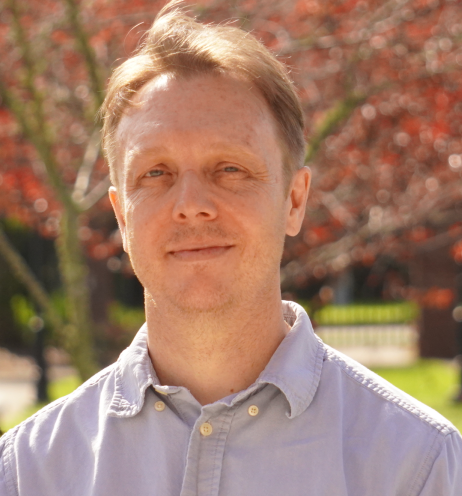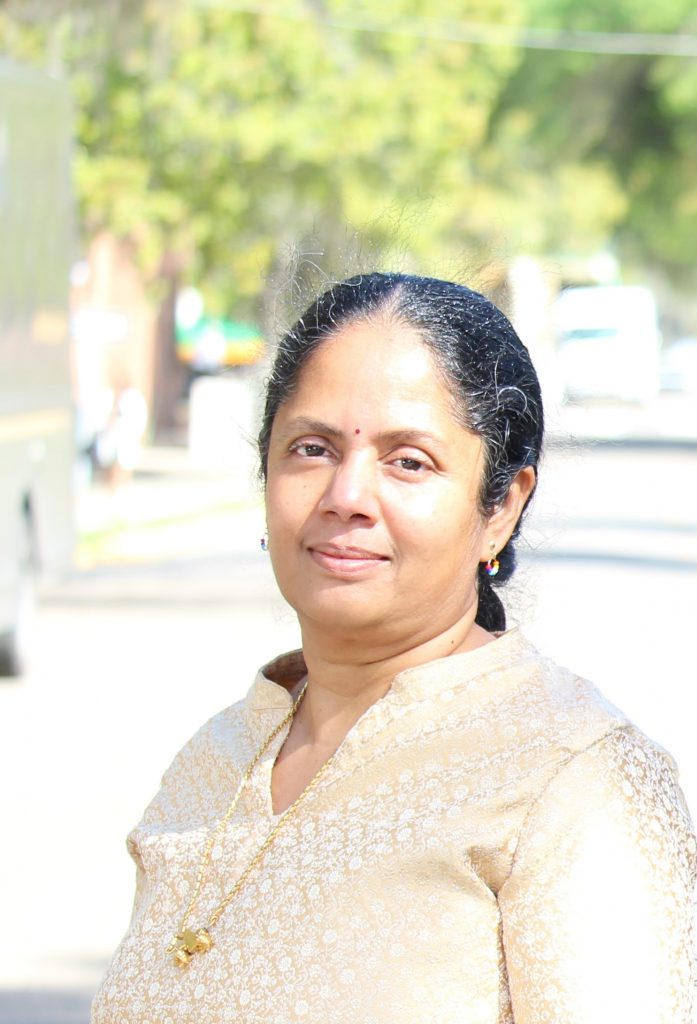A $1.4 million grant from the National Science Foundation includes funding for student fellowships. Faculty from the University of Florida and Florida A&M University (FAMU) will train a diverse workforce for potential careers in artificial intelligence (AI).

The UF Institute of Food and Agricultural Sciences and FAMU will collaborate to recruit and retain traditionally underrepresented students in AI-related education and research.
Faculty members from UF and FAMU will use $736,000 in the first year to fund faculty and 250 undergraduate student fellowships. Each student will receive $5,000 per year, and the fellowships are potentially renewable for multiple years.
Bryan Kolaczkowski, a UF/IFAS associate professor of microbiology and cell science, will lead the project.
“AI is expected to impact all fields in the agricultural and life sciences in the future,” Kolaczowski said. “Students engaged in AI are expected to be competitive in traditional agricultural and life sciences roles, including biomedical sciences. In addition to increasing competitiveness in traditional jobs, AI is expected to create massive new job opportunities in data science, process management, diagnostics and similar areas. Experience in AI will help students be competitive for these new types of careers in agricultural and life sciences.”
Curriculum

This project will develop a curriculum in which students from outside traditional computer-science fields can learn AI-related concepts and skills and how AI can address critical, emerging problems in their field.
Kolaczowski is teaching AI for agricultural and life sciences for the first time this semester. Most students will learn online, from anywhere in the world, as more courses are made available. But students will transition to an undergraduate research course, and much of that will be in-person, either at UF/IFAS or at FAMU, Kolzaczowski said.
“This approach of integrating ‘AI across the curriculum’ is expected to enable all interested students to graduate equipped to engage AI in their chosen discipline fairly and equitably. Every graduate should at least understand what AI can do,” Kolaczowski said.
Aavudai Anandhi Swamy, an associate professor of biological systems engineering at FAMU, added: “Diversity is important to us. Our program in the past 30 years has succeeded in increasing the pool of African Americans and other minorities in agricultural and biological engineering nationally, and many hold key positions in both the public and private sector.”

Satyanarayan Dev, also an associate professor of biological systems engineering at FAMU said: “We want to make sure that when an AI system makes a decision, it will be able to make an accurate one without any bias. This grant helps us make a step forward in this right direction.”









